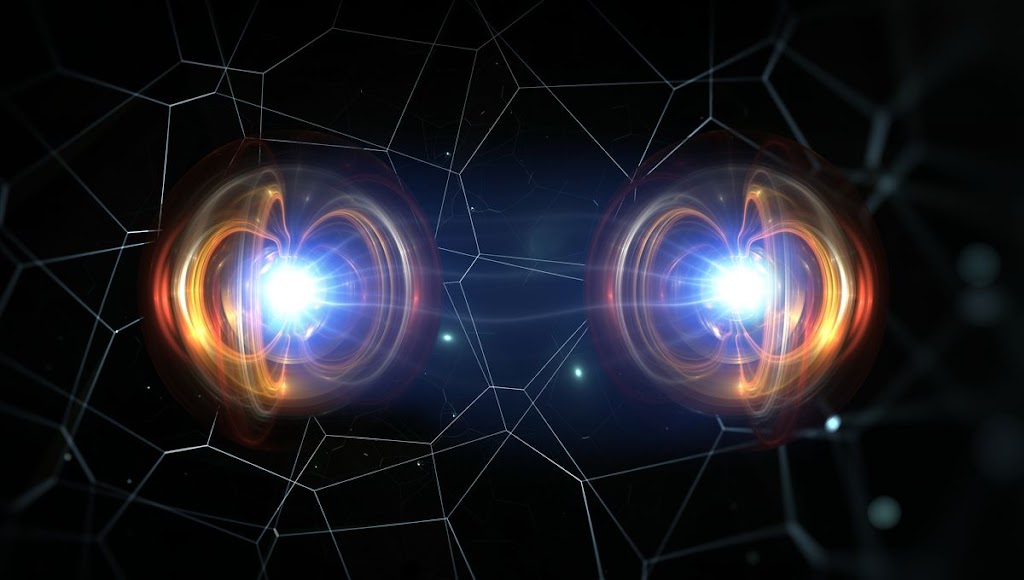Researchers at the Vienna University of Technology have shown that there may be a hard limit on the performance of large-scale quantum computers due to a recently identified trade-off in the fundamental workings of time-keeping devices.
It’s not a critical problem, but our capacity to develop quantum-operated systems from backroom prototypes into useful number-crunching behemoths will depend on our ability to consistently slice the days into ever-smaller pieces. The experts predict that this will become an increasingly difficult feat.
The measure of time is constrained by the laws of physics itself, whether you’re splitting the seconds with the pendulum swing of an electron in atomic confinement or counting the seconds with whispers of Mississippi.
One of these boundaries is the degree of resolution at which time may be divided. Measurements of any event lasting longer than 5.39 x 10-44 seconds, for instance, contradict fundamental beliefs about how the universe works. To put it another way, they just don’t make sense.
However, physicists believe there may be a cost involved that would prohibit us from measuring ever-smaller units of measurement before we reach that hard line in the sands of time.
Every clock winds down eventually. The atomic laser needs to be reset, the pendulum slows down, and the battery runs out. This is not only an engineering problem; the universe’s entropy—the measure of how much disorder and chaos there is in the universe—is reflected in the very nature of time itself.
Marcus Huber, a systems engineer and senior author, heads a research group at the Vienna University of Technology that focuses on the nexus between quantum information and quantum thermodynamics. “Time measurement always has to do with entropy,” he explains.
Huber and colleagues have produced a theory that lays out the reasoning behind the connection between resolution and entropy as a thermodynamic phenomenon. The argument shows that unless you have limitless energy available to you, your rapidly ticking clock will eventually have precision issues.
In other words, as Florian Meier, a theoretical physicist, and the study’s first author, puts it, “That means: Either the clock works quickly or it works precisely – both are not possible at the same time.”
If you want to count down seconds that won’t change throughout our universe, this might not be a big deal. However, time is critical for technologies such as quantum computing, which depend on the erratic behavior of particles on the verge of creation.
When there are few particles, this isn’t a major issue. There is a growing chance that any one of them could be forced out of their quantum critical state as they multiply, which means there is progressively less time to perform the required calculations.
The possibility of mistakes in quantum technologies resulting from a noisy, imperfect universe has been extensively studied. It seems that this is the first time that scientists have examined the physics of timekeeping as a potential hindrance.
“Currently, the accuracy of quantum computers is still limited by other factors, for example, the precision of the components used or electromagnetic fields,” Huber states.
“But our calculations also show that today we are not far from the regime in which the fundamental limits of time measurement play the decisive role.”
Further developments in quantum computing are probably going to increase stability, decrease errors, and “buy time” for larger machines to perform as best they can. It remains to be seen, though, whether entropy will ultimately determine the maximum power that quantum computers may achieve.



